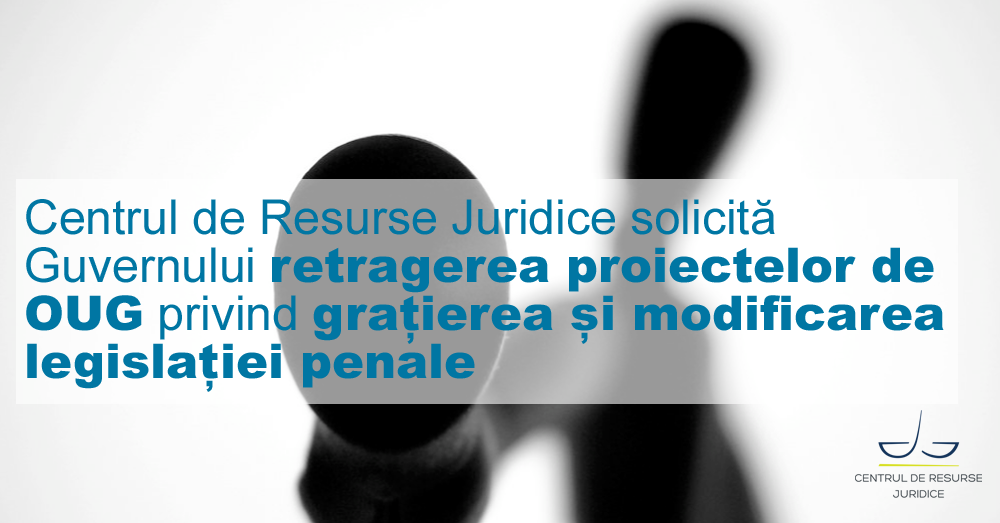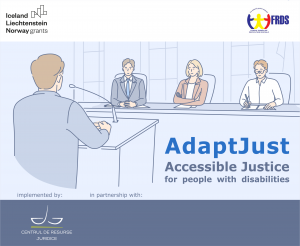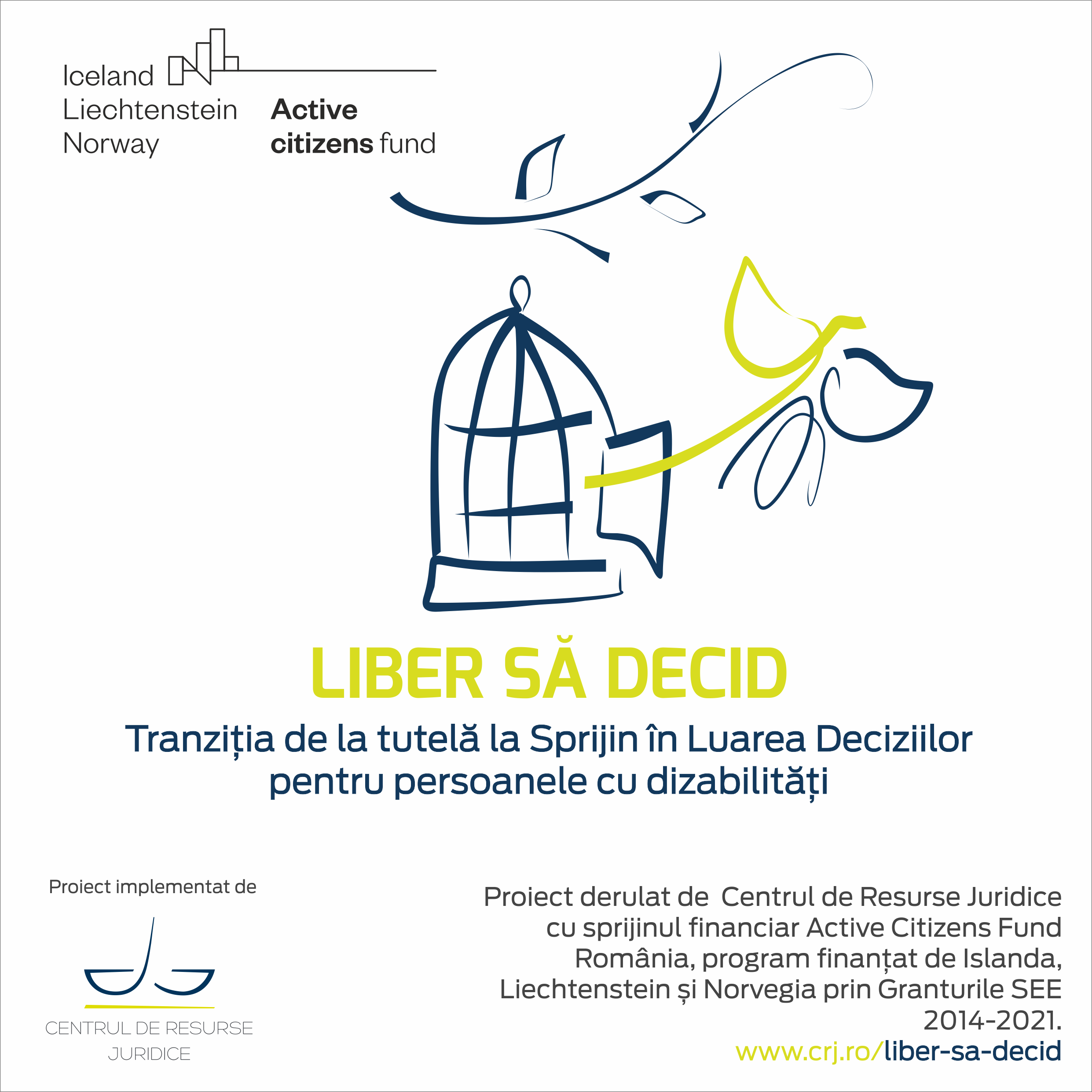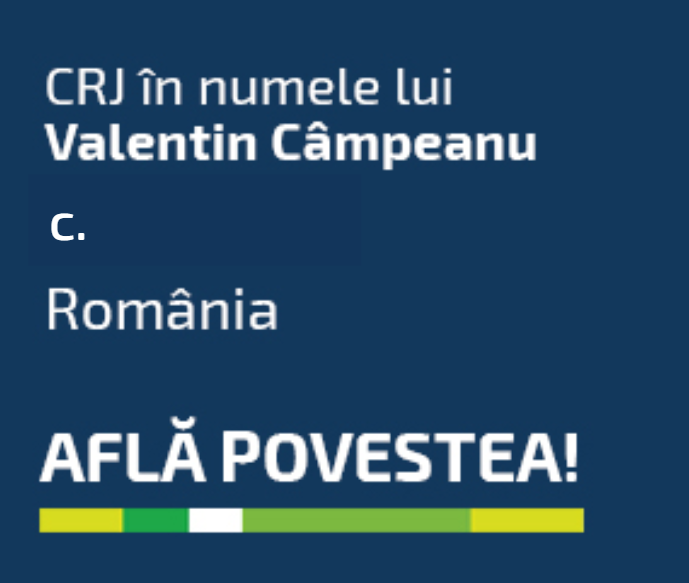The Centre for Legal Resources (CLR) considers that modifying the criminal legislation and granting pardon cannot be done by means of emergency ordinances.
The measures proposed by the Government do not justify that they be introduced through an emergency ordinance, because we are not in the presence of an extraordinary situation where legislating cannot be postponed, the conditions imposed by the Constitution for adopting an emergency ordinance not having been met.
Even if the measures proposed were opportune, they must be introduced respecting the Constitution, by means of a law adopted in Parliament, transparently and ensuring the possibility of a real public debate, not in secret, through an emergency ordinance. The importance of these proposals, as well as the high level of public interest manifested in the case, exclude their adoption through an emergency procedure, in the absence of debates.
Granting pardon, amnesty or the redefining of certain crimes represent legitimate criminal policy instruments, which can have positive effects when they are being proposed transparently and in good faith. Although in the public space these notions have come to be automatically associated with undermining the fight against corruption, they represent in reality an important part of the criminal policy of the state, a policy which can be relaxed under certain circumstances, as its purpose can never be only that of maximizing repression.
Granting pardon could represent a solution to the degrading conditions in Romanian penitentiaries to the extent to which it is planned rationally and in good faith and is corroborated with other measures of criminal policy, with the strengthening of the probation system, but also with building new detention spaces. Absent mixed measures, penitentiaries will be just as crowded in the near future, and the European Court of Human Rights will find the same breaches.
Equally it is true that certain provisions in the Criminal Code and the Criminal Procedure Code must be modified either in order to bring them into line with the decisions of the Constitutional Court or in order to enhance the clarity of the legal texts.
In spite of all these, the manner in which the Government chose to introduce the mentioned measures, as well as the content of some of them (such as pardoning suspended sentences, which does not correspond to the declared aim of decreasing overcrowding in penitentiaries) affect the legitimacy of these proposals and do not allow for their adoption in the current form. Additionally, the manner in which the Government acted will contribute to the consolidation of the negative public perception of pardon and amnesty, strengthening the idea that these measures are inherently fraught, regardless of their content or of the context.
By consequence, we ask the Government to withdraw the two draft emergency ordinances and to introduce them for debate within the parliamentary procedure, ensuring transparency and the possibility of all interested parties to express their points of view.
Georgiana Iorgulescu
Executive director
Centre for Legal Resources
For additional comments, interviews or other questions, please contact Georgiana Iorgulescu – 0722 505 181, or the lawyer Vadim Chiriac – 0744 634 490.






